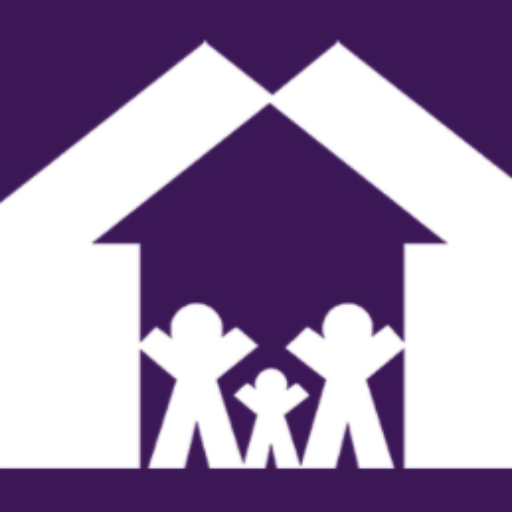What is Domestic Violence?
Domestic violence can be defined as a pattern of behavior in any relationship that is used to gain or maintain power and control over an intimate partner. Abuse is physical, sexual, emotional, economic or psychological actions or threats of actions that influence another person. This includes any behaviors that frighten, intimidate, terrorize, manipulate, hurt, humiliate, blame, injure, or wound someone. Domestic violence can happen to anyone of any race, age, sexual orientation, economic class, immigration status, religion, or gender. It can happen to couples that are married, living together, or who are dating. Domestic violence affects people of all socioeconomic backgrounds and education levels.
Warning Signs of Abuse
- Pushing for quick involvement: Comes on strong, claiming, “I’ve never felt loved like this by anyone.”
- Jealousy: Excessively possessive; calls constantly or visits unexpectedly; prevents you from going to work because “you might meet someone.”
- Controlling Behavior: Interrogates you intensely (especially if you’re late) about whom you talked to and where you were; keeps all the money; insists you ask permission to do anything.
- Unrealistic expectations: Expects you to be the perfect partner and meet his or her every need.
- Isolation: Tries to cut you off from family and friends; accuses people who support you of “causing trouble.”
- Making others responsible for his or her feelings: The abuser says, “You make me angry,” instead of “I am angry,” or says, “You’re hurting me by not doing what I tell you.”
- Hypersensitivity: Is easily insulted, claiming hurt feelings when he or she is really mad.
- Cruelty to animals or children: Kills or punishes animals brutally. Also, may expect children to do things that are far beyond their ability (whips a 3-year-old for wetting a diaper) or may tease them until they cry.
- Use of force during sex: Enjoys throwing you down or holding you down against your will during sex.
- Verbal abuse: Constantly criticizes or says blatantly cruel, hurtful things, degrades, curses, calls you ugly names.
- Rigid roles: Expects you to serve, obey and remain at home.
- Sudden mood swings: Switches from sweet to violent in minutes.
- Past battering: Admits to hitting a partner in the past, but says the person “made” him (or her) do it.
- Threats of violence: Says things like, “I’ll break your neck,” or “I’ll kill you,” and then dismisses them with, “I didn’t really mean it.”
- Controlling behaviors using social media or technology: obtaining passwords to monitor your activity.
